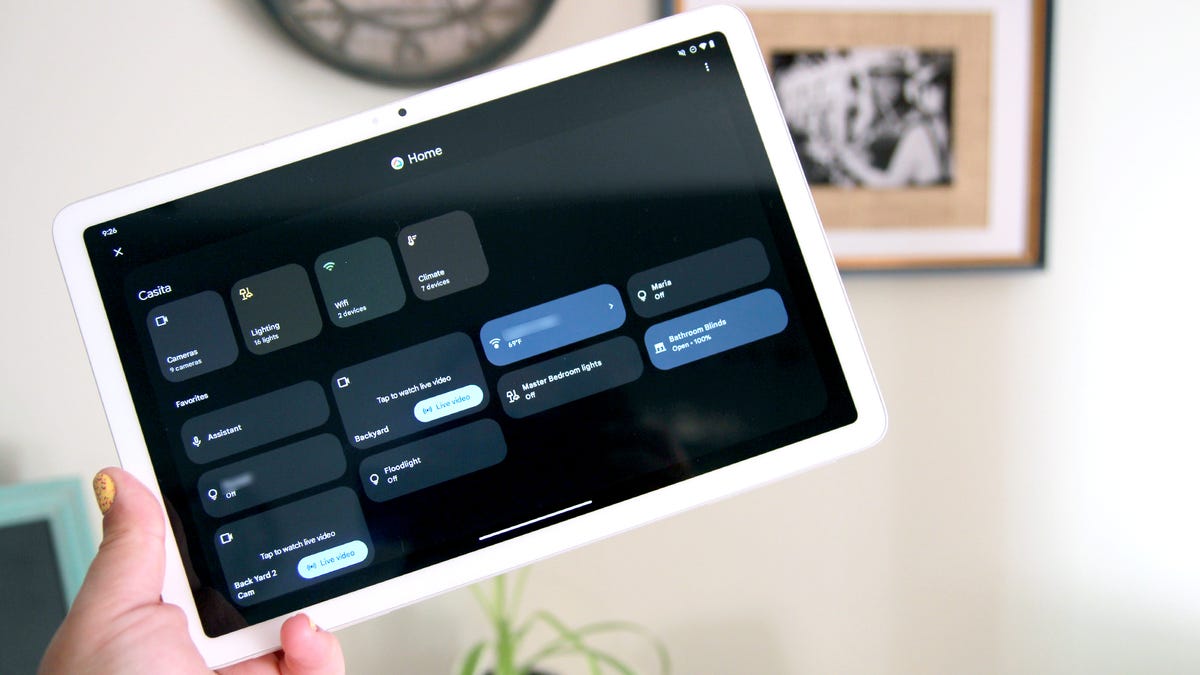This Much Screen Time a Day Can Increase Your Risk of Developing Nearsightedness by 21%
Here's what the science says.

Screens are omnipresent in most people's lives. If you spend your 9-to-5 staring at a computer, scroll through TikTok on your free time, and binge-watch your favorite shows on the weekend, that's not surprising.
Data shows the average person in the U.S. spends more than seven hours per day starting at screens, a 30-minute increase from just 10 years ago. While the harms of increased screentime aren't exactly a secret, new research is honing in on how it's connected to worsening eye health.
The study, published in the journal JAMA Network Open, found there may be a connection between daily screen use and myopia (aka nearsightedness). Myopia is a common eye condition that affects your ability to see things at a distance. Although you can't reverse this condition, you can treat it with glasses, contact lenses, or surgery.
To gather the research, scientists collected data from 45 studies with more than 335,000 participants. They found that myopia risk increased significantly between one to four hours of daily screen time, then rose more gradually after four hours. The research indicates that just one hour of increased screen time could raise a person’s risk of developing nearsightedness by 21 percent.
Related: Regularly Taking This Common Pain Reliever May Reduce the Spread of Cancers, Study Finds
Nearsightedness isn't the only issue caused by high levels of screen time. Other research has also connected digital screen use to dry eye disease, a condition that affects the eye's ability to properly lubricate and produce tears. This disease, which affects more than 16 million people, causes uncomfortable symptoms such as scratching, burning, and stinging.
Extended screen time can also cause eye strain, which can lead to headaches, blurred vision, and neck and shoulder pain. According to the Vision Council, 27 to 35 percent of Americans reported experiencing one of the above eye strain symptoms after using digital devices.
In the digital-first world we live in, it's challenging to reduce your screen time, especially if your job depends on it. If you have to look at a screen for extended periods of time, remember to keep your eyes lubricated with eye drops and try to take periodic breaks from throughout the day.













































![Get 15% Amazon Discount With Discover Card Cashback [YMMV]](https://boardingarea.com/wp-content/uploads/2025/03/b3bb83beb4bb9391e57685a6d7d537ef.png?#)
































